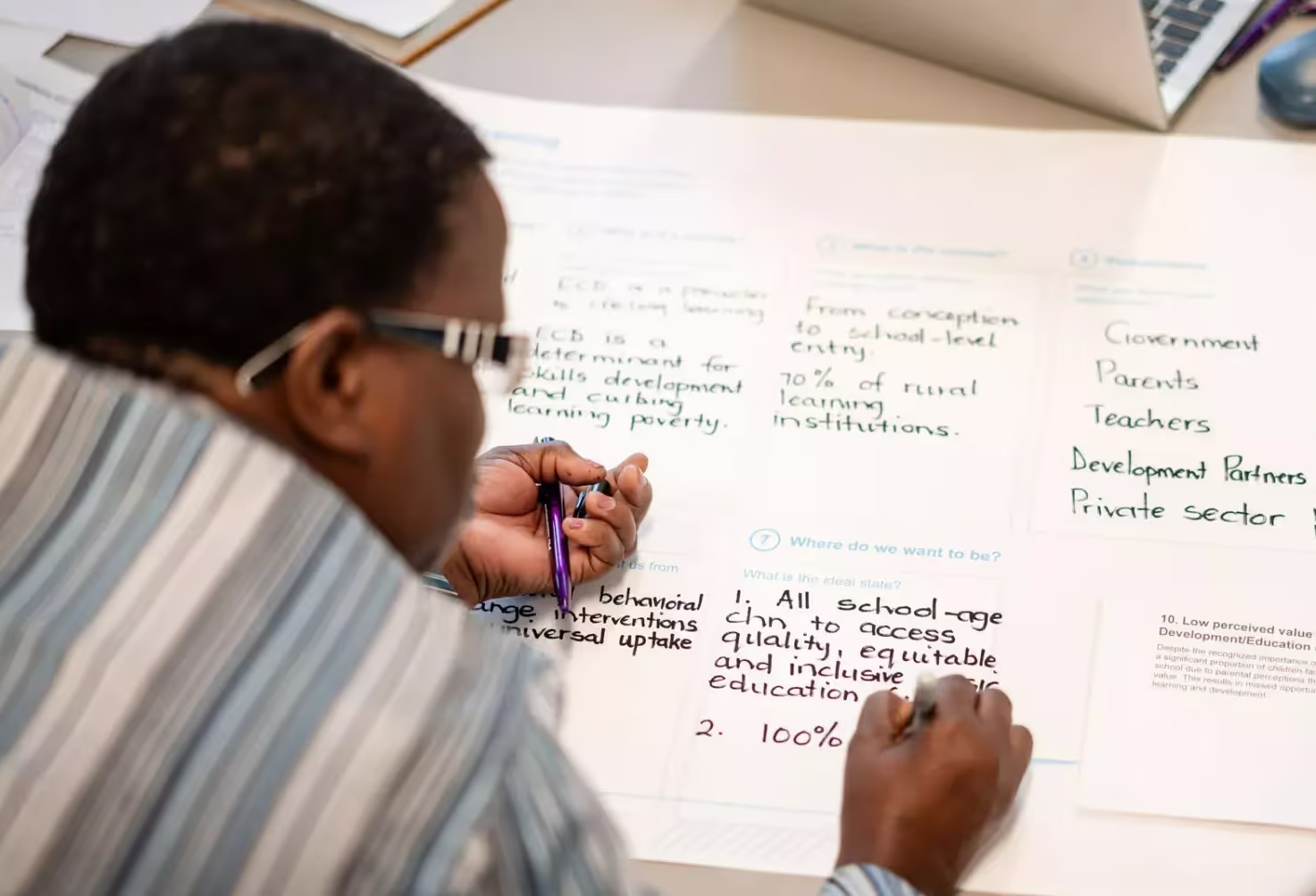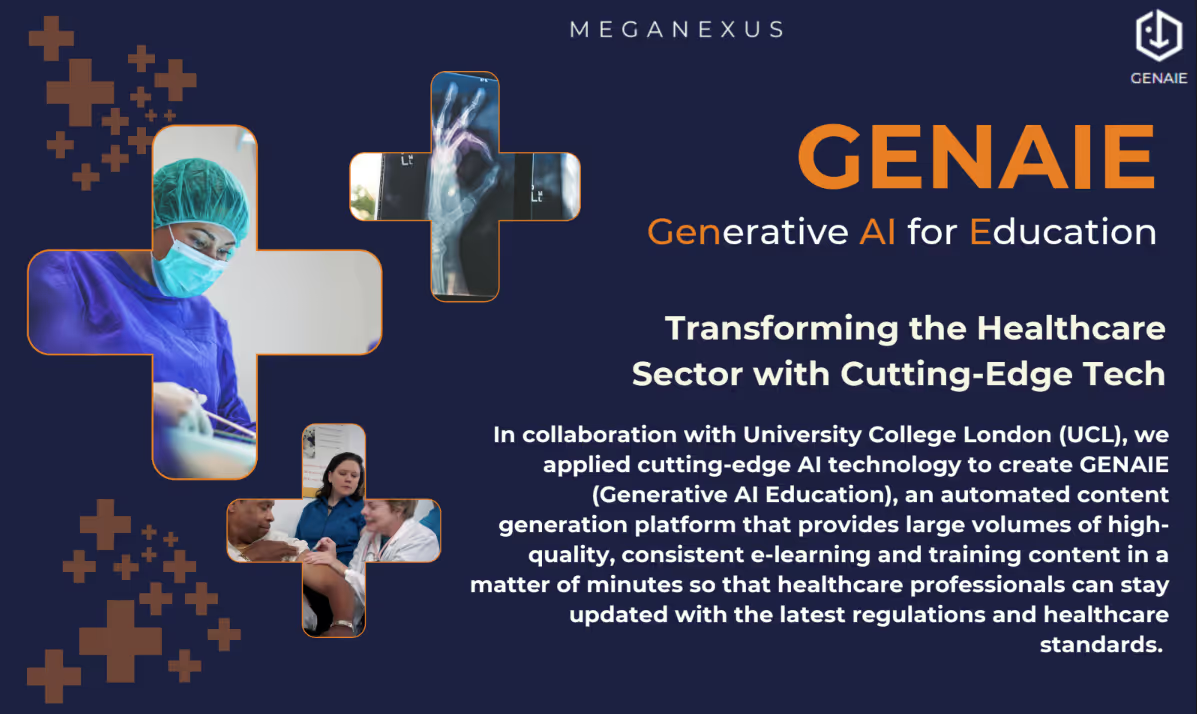Solar Currency Exchange

People who purchase solar cells through the South Africa-based Sun Exchange can lease them out to hospitals, businesses, schools and private residences. The exchange uses SolarCoin, a cryptocurrency introduced by blockchain start-up ElectriCChain. Once all solar cells have been purchased, recipient buildings begin to pay rent for using them, and are charged for every unit of electricity they generate, covering the cost of the equipment, installation and maintenance over a period of up to 20 years. Owners of the solar cells also receive SolarCoins based on the amount of solar energy produced. This alternative finance mechanism will help cities, businesses and potentially private homes to meet their basic needs, knocking off several Global Goals targets at once.


.avif)

